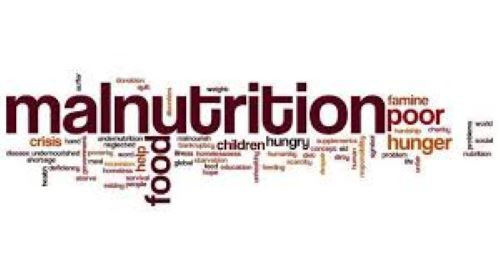Doctors Without Borders/Médecins Sans Frontières (MSF) is warning of the lifelong consequences of childhood malnutrition as northern Nigeria sees a surge in severe acute malnutrition (SAM) cases.
Across seven states — Borno, Bauchi, Kano, Kebbi, Zamfara, Sokoto, and Katsina — MSF operates 11 inpatient and over 30 outpatient feeding centers. Thousands of children under five are currently being treated during the annual peak malnutrition season.
“Malnutrition is not just a short-term emergency — it’s a lifelong struggle,” said Dr. Jamila Bello, an MSF doctor in Kano. “It affects brain development, immunity, and increases the risk of chronic diseases.”
To address long-term effects, MSF has launched pediatric physiotherapy and mental health support programs in Kano, Katsina, and other states. These interventions help children regain motor functions and provide emotional care for both children and caregivers.
Malnutrition also remains a public health emergency in Nigeria, with over 3 million children affected by SAM nationwide, according to UNICEF. In 2024 alone, MSF treated over 250,000 malnourished children in outpatient centers and admitted 76,000 to inpatient facilities — a sharp rise from previous years.
The crisis is worsened by food insecurity, weak healthcare, conflict, and underfunded nutrition programs. MSF calls for a holistic and coordinated response to not only save lives, but also support the long-term recovery and development of affected children.


